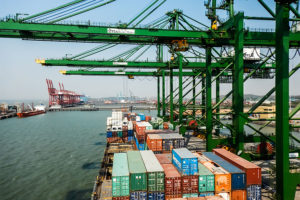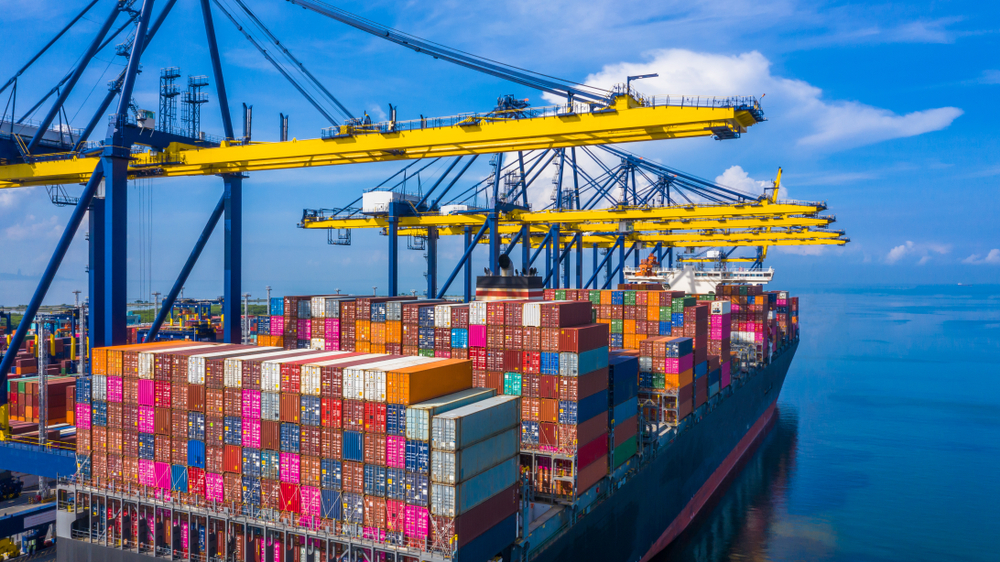Advance Authorisation Scheme
The Advance Authorisation Scheme under FTP 2015-20 allows manufacturer exporters and merchant manufacturers to imports inputs duty-free. All items except import items prohibited in ITC (HS) and those reserved for STEs are excluded from Advance Authorisation.

source: https://bit.ly/35BfmUu
The government of India has several provisions under FTP 2015-20 for export promotion. One such scheme for ‘manufacturer exporters’ and ‘merchant exporters tied to manufacturer exporters’ is Advance Authorisation. Under this, the exporters are allowed duty-free import of inputs (making normal allowance for wastage) including oil, catalyst, fuels, etc. that are to be fully utilized in the production process of exportable products.
This means the products under advance authorizations are freed from the obligation of payment of basic customs duty, education cess, additional customs duty, safeguard, and anti-dumping duty, if any. The items imported could be for intermediate supplies, physical product exports (including those to SEZs), and supply of ‘stores’ for vessels/aircraft.
Items that cannot be imported via Advance Authorisation are ‘prohibited items’ of import under the ITC (HS) and those ‘reserved for procurement through the State Trading Enterprises’ (STEs). The latter however are allowed to be procured from the STEs against an ARO or the invalidation letter.
Eligibility conditions
- At least 15% value addition except a few where <15% is allowed (copper cathode and anode and some petroleum products). At least 50% value addition in the case of tea.
Value addition here is defined as:
VA=((A-B)/B) *100
A= FOB value of export/FOR value of the received supply
B**= CIF value of inputs covered under the Advance Authorisation Scheme + other input value claimed or intended to be claimed under the Duty Drawback Scheme
** In the case of Gems and Jewellery sector it is given by:
Input value in the exported product (including that of input procured domestically like gold, silver, and platinum) + wastage along with the value of other items like a gemstone. In the cases where gold procurement involves a loan, interest paid to the foreign supplier is incorporated in the value.
- Standard input-output norms (SION) are required to be followed. These norms mention the requisite amount of input to be used in a product. In case, ad-hoc norms/ SION are absent for a product or are mentioned but the exporter needs to import additional inputs for the manufacturing process, an exporter can obtain authorisation on a self-declaration or self-ratification basis. The only requirement is a certificate from chartered engineer who hasn’t been penalised for the past 5 years.
There is also a provision of an ‘annual advance authorisation’ for exporters with a performance in the previous two financial years. The entitlement here is either INR 1 crore or up to 300% of FOB value in the CIF value terms or FOR value of deemed export (in the previous financial year), depending on whichever turns out higher. This scheme, however, is valid only for the products notified in the SION, and not in the case of ad-hoc norms.













Leave a comment